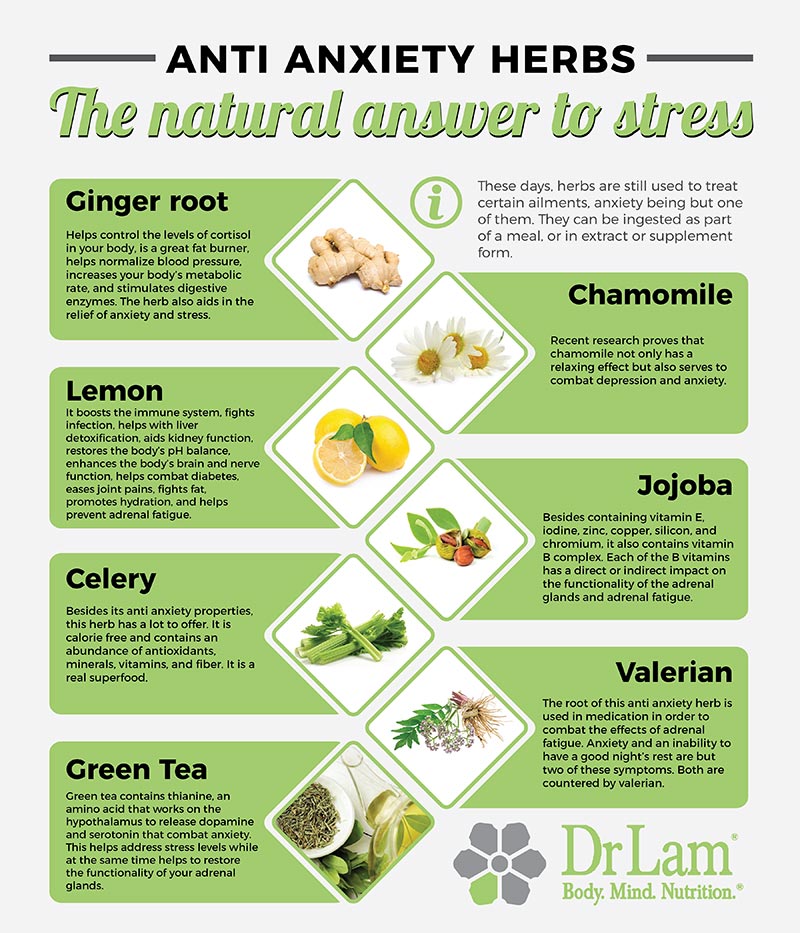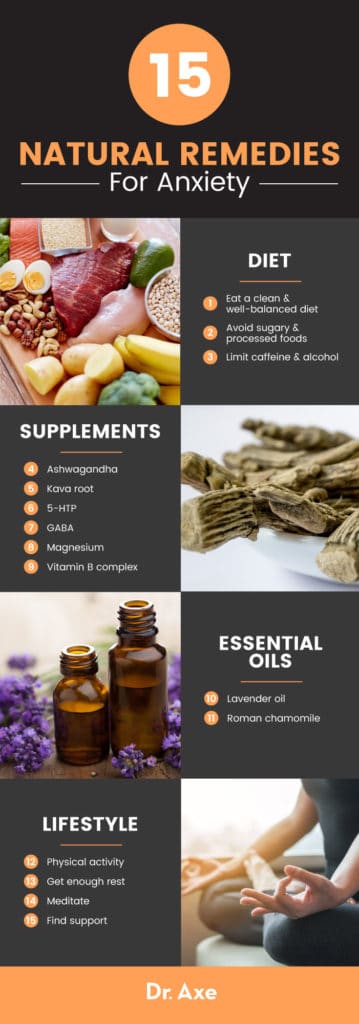Anxiety is a common mental health issue that affects millions of people worldwide. While it’s normal to feel anxious in certain situations, when anxiety becomes constant and starts to interfere with daily life, it may be time to seek relief. Fortunately, there are several natural remedies that can help reduce anxiety symptoms and promote a sense of calm.
In this article, we’ll explore some of the most effective natural remedies for anxiety relief that you can try today.
Understanding Anxiety
Anxiety is more than just feeling nervous. It happens when worry becomes constant and starts to affect your daily life. You may feel your heart race, your chest tighten, or your thoughts spiral out of control. Anxiety is now one of the most common mental health issues worldwide, affecting millions of people each year.
While doctors often suggest therapy and medication, many people look for natural ways to feel better. The good news is that some simple home remedies can help calm your mind and body. These remedies are not just old myths. They are backed by modern science and proven to work for many people.
1. Exercise
Exercise is one of the fastest and most effective ways to reduce anxiety. When you exercise, your brain releases feel-good chemicals like endorphins, which help lift your mood and lower stress. According to research, exercise offers quick and powerful relief from anxiety.
Here’s how exercise helps:
- Lowers the stress hormone cortisol.
- Increases mood-boosting chemicals like endorphins.
- Helps improve sleep, which is often affected by anxiety.
- Builds mental strength by teaching your body how to handle stress.
- Boosts energy and focus throughout the day.
- Reduces anxiety even with simple activities like walking, biking, or dancing.
A study showed that just two days of aerobic exercise per week reduced stress in college students. If you’re not sure where to start, try a brisk 15-minute walk, a quick jog, or follow an online workout.
2. Deep Breathing and Mindfulness
When anxiety strikes, one of the fastest ways to calm down is by focusing on your breath. Deep breathing sends a signal to your brain to relax, helping slow your heart rate and ease tension. It’s simple, free, and backed by science.
According to experts, breathing exercises and mindfulness can quickly lower stress and anxiety. They help shift your body from “fight or flight” mode to a more peaceful, balanced state.
Here are a few easy techniques to try:
- Diaphragmatic breathing – Breathe deeply into your belly, not your chest, for a calming effect.
- Box breathing – Inhale for 4 counts, hold for 4, exhale for 4, and hold again for 4. Repeat several times.
- Alternate nostril breathing – Breathe in through one nostril and out through the other to balance and soothe your nervous system.
- Mindfulness meditation – Focus on your breath or your senses in the present moment without judgment.
A review found that regular deep breathing helps reduce anxiety, lower cortisol, and even improve sleep.
3. Herbal Remedies
Nature offers powerful tools to help ease anxiety. Some herbs have calming effects on the brain and body, and they are backed by modern research. While they aren’t a cure, they can offer quick relief when used safely.
According to studies, these herbs may help reduce anxiety symptoms:
- Chamomile – Known for its calming effects and often used as tea. It may help with mild anxiety but could cause allergic reactions in people sensitive to ragweed.
- Lavender – Found in oils, capsules, or teas. It may reduce anxiety and promote relaxation, though it can cause upset stomach or headaches in some.
- Passion flower – May help lower anxiety levels. Some people report feeling sleepy or dizzy after using it.
- Lemon balm – Shown to reduce feelings of nervousness and excitability. It’s generally safe for short-term use.
Experts warn that herbal supplements aren’t regulated like medications. This means quality can vary, and some herbs can interact with other medicines.
4. Nutrition and Supplements
What you eat can have a big impact on how you feel. A healthy diet doesn’t just help your body—it also supports your mental health. Eating lots of processed foods and sugar may raise your stress and anxiety levels.
The good news is that choosing the right foods can help calm your mind. Here’s how nutrition plays a role:
- Eating more whole foods like fruits, vegetables, nuts, seeds, beans, and fish helps regulate mood.
- A diet rich in nutrients supports brain function and lowers stress.
- Lack of key nutrients like magnesium and B vitamins has been linked to higher anxiety.
- People who are constantly stressed may use up magnesium faster, making it harder to stay calm.
Some people turn to supplements for extra support. Magnesium, for example, has been shown in studies to lower stress in people who are chronically anxious. However, it’s important to remember that supplements are not one-size-ffits-all.
5. Social and Sensory Support

Connecting with others and engaging your senses can quickly calm your mind. Simple things like a hug, a chat with a friend, or spending time with a pet can make a big difference. Positive social interactions release oxytocin, a hormone that helps lower stress and bring feelings of comfort.
Here are easy ways to use social and sensory support to fight anxiety:
- Spend time with loved ones. Talking or sharing time with family or friends can reduce feelings of worry.
- Cuddle or hug. Physical touch helps lower your heart rate and reduces cortisol, the stress hormone.
- Play with pets. Petting a dog or cat boosts mood and lowers blood pressure. Pets can bring a sense of purpose and companionship.
- Use calming scents. Light a candle, use essential oils, or turn on a diffuser with lavender or chamomile to help create a peaceful space.
- Get outdoors. Spending just 10 minutes in nature can lower stress and boost mental well-being.
These simple actions remind your brain and body that you are safe. Whether it’s a warm hug, fresh air, or time with your pet, these little moments can bring fast relief from anxious thoughts.
Conclusion
Managing anxiety doesn’t always require a prescription. Simple, natural remedies like exercise, deep breathing, herbal teas, and connecting with loved ones can provide quick relief. Have you ever tried deep breathing to calm your mind? Or perhaps a walk outside to boost your mood?
These techniques not only help in the moment but also contribute to long-term mental well-being. Incorporating these habits into your routine can make a big difference in reducing anxiety. Remember, small steps lead to big changes!
Meta Title: Top Natural Remedies for Anxiety Relief
Meta Description: Discover the top natural remedies for anxiety relief that you can try today. From exercise to herbal teas, these methods are backed by science and can help reduce anxiety symptoms.
Author: Jane Doe
Title/Role: Mental Health Writer
Credentials: With over 10 years of experience in writing about mental health and wellness, Jane Doe has contributed to numerous publications and has a deep understanding of natural remedies for anxiety.
Profile Link: https://www.janedoe.com
Sources:
– https://www.nimh.nih.gov
– https://www.psychologytoday.com
– https://www.healthline.com
Internal Links:
– How to Manage Anxiety Naturally
– The Benefits of Exercise for Mental Health
– Understanding the Role of Nutrition in Mental Health
Featured Snippet Optimization:
Natural remedies for anxiety include exercise, deep breathing, herbal teas, and social support. These methods are backed by science and can help reduce anxiety symptoms.
Call to Action:
Stay updated with the latest news on natural remedies for anxiety and discover how you can incorporate them into your daily routine for long-term relief.
URL Slug: natural-remedies-for-anxiety-relief
Image Optimization:
–
–
– 
–
–











More Stories
US Trending News: The History and Legacy of Zoo York in Streetwear Culture
What Is Yodo Para Tiroides and How Does It Affect Thyroid Health?
Understanding ‘You Got That Right’ in The New York Times: Context and Implications